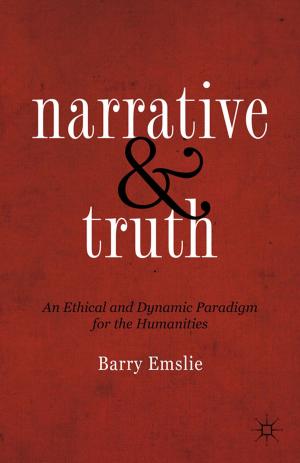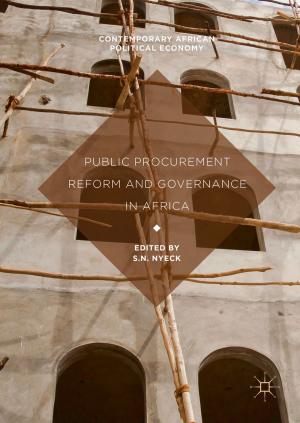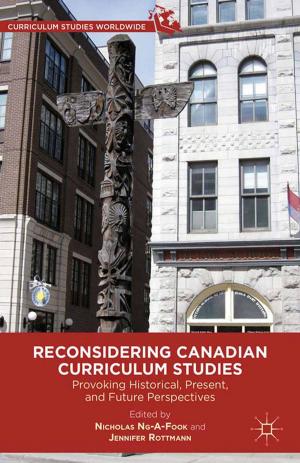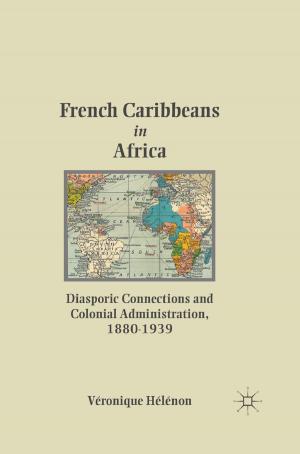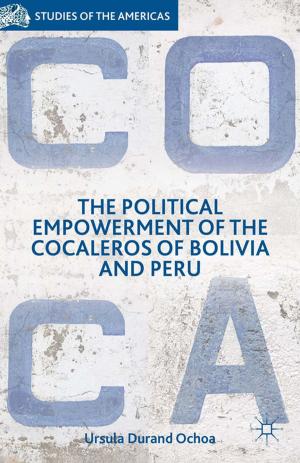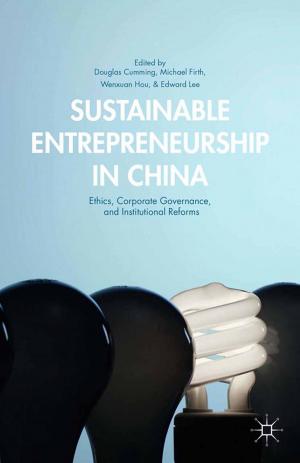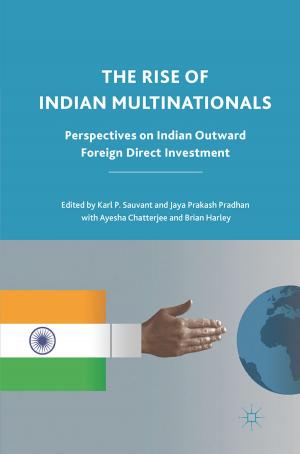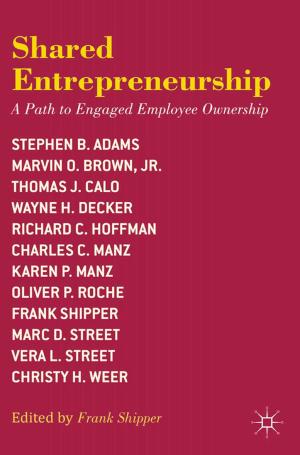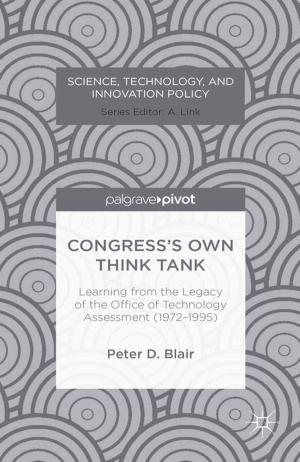Politics of Favoritism in Public Procurement in Turkey
Reconfigurations of Dependency Networks in the AKP Era
Nonfiction, Reference & Language, Law, Administrative Law & Regulatory Practice, Social & Cultural Studies, Political Science, Government, Public Policy| Author: | Esra Çeviker Gürakar | ISBN: | 9781137591852 |
| Publisher: | Palgrave Macmillan US | Publication: | July 27, 2016 |
| Imprint: | Palgrave Macmillan | Language: | English |
| Author: | Esra Çeviker Gürakar |
| ISBN: | 9781137591852 |
| Publisher: | Palgrave Macmillan US |
| Publication: | July 27, 2016 |
| Imprint: | Palgrave Macmillan |
| Language: | English |
This book, through an analysis of 49,355 high value public procurement contracts awarded between 2004 and 2011, provides systematic evidence on favoritism in public procurement in Turkey. Public procurement is one of the main areas where the government and the private sector interact extensively and is thus open to favoritism and corruption. In Turkey, the new Public Procurement Law, which was drafted with the pull of the EU-IMF-WB nexus, has been amended more than 150 times by the AKP government. In addition to examining favoritism, this book also demonstrates how the legal amendments have increased the use of less competitive procurement methods and discretion in awarding contracts. The results reveal that the AKP majority government has used public procurement as an influential tool both to increase its electoral success, build its own elites and finance politics. The use of public procurement for rent creation and distribution is found to be particularly extensive in the construction and the services sector through the TOKİ projects and the Municipal procurements.
This book, through an analysis of 49,355 high value public procurement contracts awarded between 2004 and 2011, provides systematic evidence on favoritism in public procurement in Turkey. Public procurement is one of the main areas where the government and the private sector interact extensively and is thus open to favoritism and corruption. In Turkey, the new Public Procurement Law, which was drafted with the pull of the EU-IMF-WB nexus, has been amended more than 150 times by the AKP government. In addition to examining favoritism, this book also demonstrates how the legal amendments have increased the use of less competitive procurement methods and discretion in awarding contracts. The results reveal that the AKP majority government has used public procurement as an influential tool both to increase its electoral success, build its own elites and finance politics. The use of public procurement for rent creation and distribution is found to be particularly extensive in the construction and the services sector through the TOKİ projects and the Municipal procurements.

